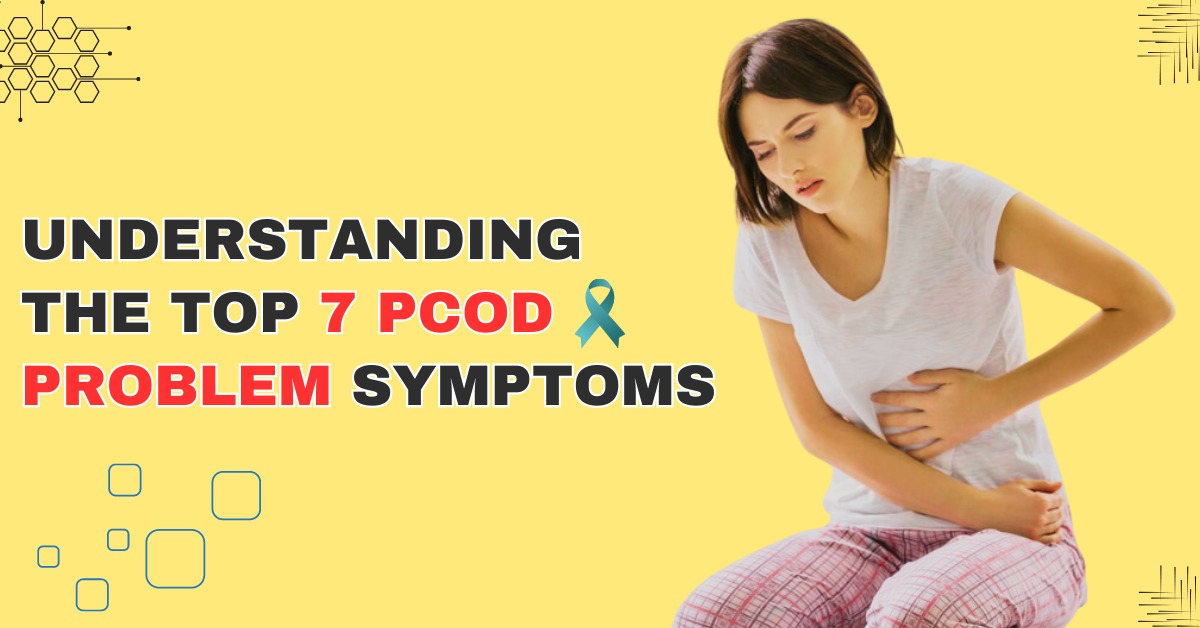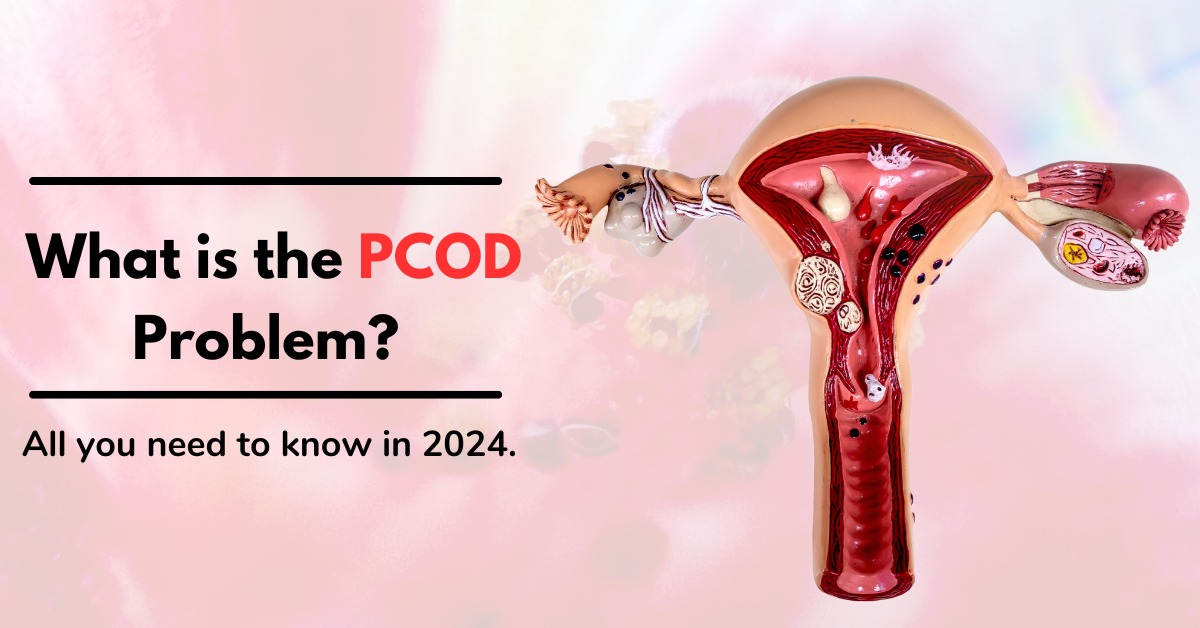
Revolutionizing Best Healthcare: Top 5 Global Innovations Leading The Charge For Better Health
Introduction
Global Healthcare Innovations 2023
In the dynamic realm of healthcare, transformative innovations are paving the way for a future where technology meets wellness. Over the next few decades, these five ground breaking developments promise to revolutionize the globe with Best Healthcare, transcending the boundaries of conventional medical practices.
-
Artificial Intelligence (AI): Transforming Diagnostics & Treatment
Artificial Intelligence (AI), a pivotal force in future healthcare, is poised to revolutionize diagnostics and treatments. Its staggering growth, projected from $6.95 billion in 2021 to an impressive $97.2 billion in 2029, underscores its indispensable role.
Extending from the Internet of Things (IoT) to the emerging Internet of Medical Things (IoMT), AI profoundly influences daily life, training, research, and healthcare decision-making. AI’s prowess is evident in its 99% accurate analysis of mammograms, 30 times faster than conventional methods.
Beyond reducing the need for biopsies in lung cancer diagnosis, it surpasses human accuracy by 17% in identifying lung cancer from X-ray images. Wearable devices integrating AI further enhance healthcare with advanced monitoring systems and habit alerts.
-
Three-Dimensional Printing Technology: A Transformative Leap
The exponential growth of 3D printing technology in healthcare is reshaping the industry. From 113 U.S. hospitals utilizing 3D printing in 2019 to the creation of dental implants, replacement joints, and custom prosthetics, the applications are vast. Research ventures into 3D printing organs, skin tissue, and individual replacement organs like hearts or kidneys are underway.
This technology not only enhances treatment and rehabilitation but also slashes the time required for diagnostic and procedural procedures. Predicted to grow from $11.1 billion in 2021 to $35.4 billion in 2028, 3D printing in healthcare is on an upward trajectory with an annual growth rate of 18%.
-
Gene Therapy (CRISPR Gene Editing): Rewriting Genetic Codes
Clustered Regularly Interspaced Short Palindromic Repeats (CRISPR) technology is poised to push therapeutic boundaries in treating critical diseases related to genetic code abnormalities. Despite its promise, CRISPR technology faces ethical debates, exemplified by a 2020 case in China where researchers faced legal repercussions for attempting to create ‘designer babies.’
However, enabling the manipulation of genetic codes associated with diseases like cancer, HIV, and sickle-cell disease, the CRISPR technology market is projected to soar from $2.57 billion in 2022 to $9.6 billion in 2030, particularly in North America.
-
Virtual Reality (Extended Reality: XR): Bridging Realities For Medical Advancement
Virtual reality technologies such as VR, AR, and holograms are increasingly pivotal in medical advancements. From training surgeons in complex procedures to alleviating pain and treating mental health conditions, these technologies open new avenues.
Surgeons can simulate procedures using VR helmets, providing a virtual view of internal organs. The VR/AR market is expected to skyrocket from $2.3 billion in 2021 to $19.6 billion in 2030, growing at an annual rate of 26.88%.
-
Smart Devices: Healing Wounds & Beyond
Smart devices are transforming healthcare, particularly in wound care. Adhesive bandages with embedded sensors monitor wound healing, promoting new blood flow and enhancing tissue recovery. Equipped with a temperature sensor, these devices can be electrically stimulated to expedite tissue closure.
While facing challenges such as cost and data storage, the smart bandage plaster market is projected to grow significantly, reaching $1.1 billion in 2031. Beyond wound care, these smart devices hold promise in treating complex health issues like immune system disorders and diabetes, where slow-healing wounds are common, showcasing their potential to revolutionize healthcare.
Conclusion – Implications For Global Healthcare Innovations 2023
As these modern medical technologies advance, their integration into basic medical education becomes imperative for delivering the Best Healthcare. Training for medical professionals must adapt to incorporate these cutting-edge tools.
Furthermore, as these technologies become more accessible, their role in basic health welfare across the globe will solidify, ushering in an era of cheaper, more accessible, and Best Healthcare solutions. The future promises a healthcare landscape where innovation meets accessibility, redefining the very essence of well-being.



